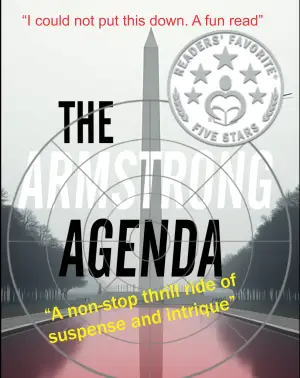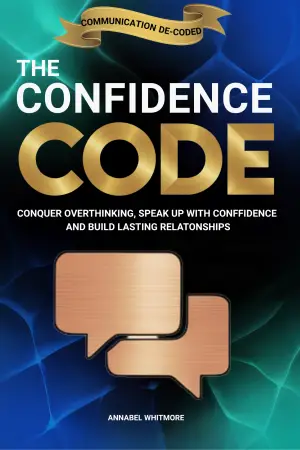Book Review: Culpability by [Author’s Name]
As soon as I stumbled upon Culpability, I was instantly drawn in by its intriguing premise. The idea of a family’s self-driving minivan causing a tragic accident that forces them to confront the nuanced conversations surrounding AI ethics was too tempting to resist. In a world increasingly defined by technology, what does it mean to be responsible? This question pulled me in like a moth to a flame.
However, what began as a promising exploration of family dynamics and ethical dilemmas soon morphed into a complicated web of clichés and missed opportunities. The Cassidy-Shaw family, immersed in their own digital worlds, represents a reflection of our own lives, yet the characters felt all too basic. Alice, the angst-ridden teenager obsessed with an AI chatbot, only added to my eye rolls rather than providing depth or insight. I found myself wanting more than the stereotypical portrayal that left little room for growth.
The novel’s narrator, Noah, should have been a compelling lens through which these familial tensions unfolded. Instead, his character felt frustratingly one-dimensional. His inferiority complex regarding his wife and skewed views on fatherhood offered a glimpse of potential complexity that just never fully materialized. I wanted to understand him better—his vulnerabilities and insecurities remained surface-level, depriving me of an emotional connection that could have anchored the story.
Perhaps the most disappointing aspect of the novel is how it juggles multiple themes without ever diving deeply into any single one. From Lorelai’s OCD to the utilization of AI drones in warfare, the book often felt unsure of its path. Instead of a focused discussion on culpability, the narrative swirled around personal dramas that shifted the focus away from the thought-provoking ethical considerations I had hoped to explore. And while the mixed media elements made for a more engaging read, they couldn’t mask the book’s many inconsistencies.
That being said, I still found moments to appreciate—snippets of insight that sparkled among the muddied waters. The conversations around guilt, responsibility, and the influence of technology on human behavior were tantalizing, even if they fell flat at times. A notable highlight was the way the Davis family dynamics reflected a broader commentary on entitlement and the struggle for authenticity in a digital age.
In conclusion, Culpability might resonate more with readers who enjoy family dramas interspersed with youthful angst and social commentary, even if the execution leaves something to be desired. While I was hoping for a book that dives deeply into the ethical ramifications of AI, my experience felt more like a surface skim. Nevertheless, I walked away with lingering thoughts about responsibility in the age of technology and a curiosity about where authors might take these discussions in the future.
If you’re looking for a light read with relatable familial tensions and an exploration of modern dilemmas, give Culpability a chance—but don’t expect it to satisfy your craving for a deep dive into its intriguing premise.






